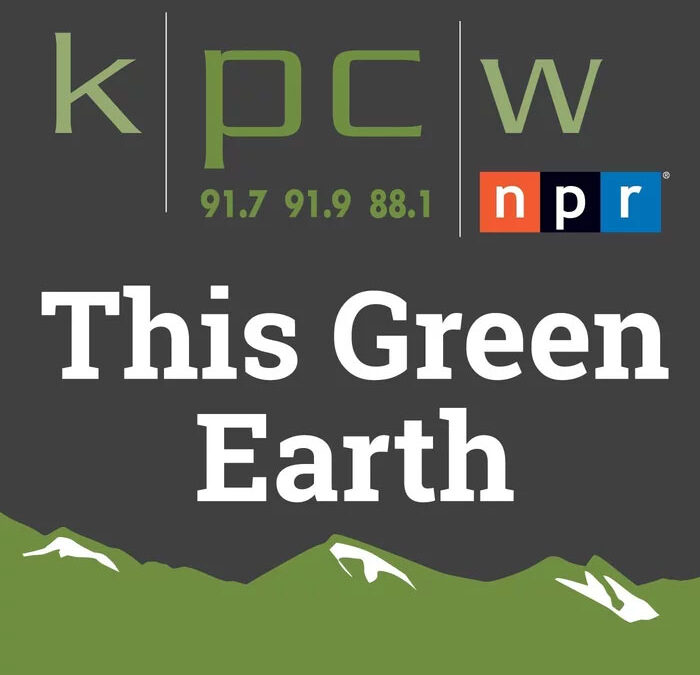
by Robyn Metcalfe | Jun 6, 2022 | Stories
This Green Earth is a weekly, hour-long program that focuses on the environment and environmentalism. Co-hosts Christopher Cherniak and Nell Larson explore the science, politics, economics and ethics behind the environment, natural resources and sustainability. The program includes interviews with local and national experts in the fields of water resources, air quality, environmental policy, fossil and renewable fuels, climate, conservation, ecosystems, agriculture, aquaculture and sustainability.
On February 15, 2022, Robyn Metcalfe was a featured guest.
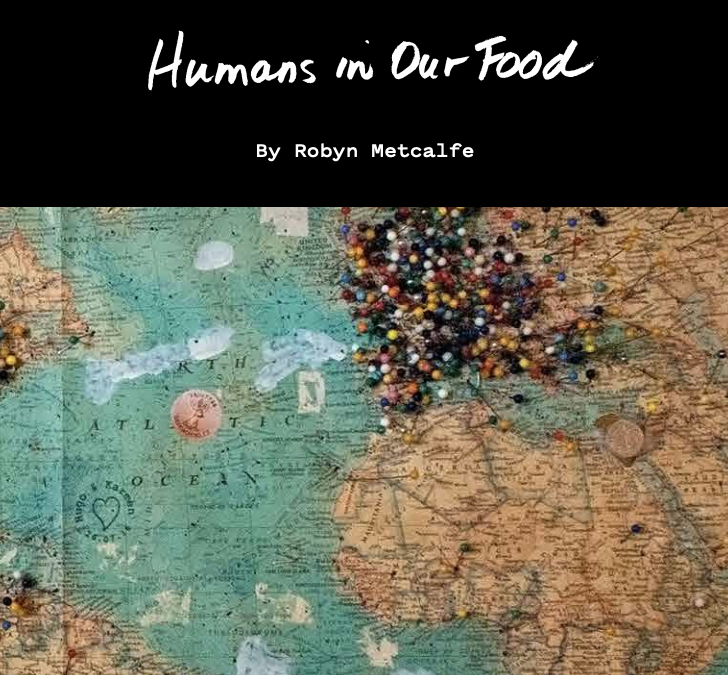
by Robyn Metcalfe | Apr 19, 2022 | Stories
“Robyn Metcalfe—one of the world’s leading experts on food supply chains—shines a bright light on the humanity that is often invisible in our food system. As delicious as it is detailed, Humans in Our Food is a must-read for anyone who cares about the past, present, or future of food.”
—Max Elder, Co-founder and CEO of Nowadays
Humans in Our Food by Robyn Metcalfe
Through her insightful personal photographs and engaging writing, Robyn Metcalfe’s latest work of nonfiction goes behind the scenes to provide profiles of the Humans in Our Food (9/15/2020; 9781649709141; Hardcover; $29.95). From airport coffee robots to camel sellers in Cairo, Metcalfe’s newest book paints an in-depth picture of what it means to be human in connection with the food industry, explores the “maker urge” in all of us, and delves into the unspoken contract we have to honor the relationship between our natural and unnatural worlds.
Humans in Our Food transports readers to the poorest county in the United States, across the nation’s landscape to the Port of Los Angeles and even overseas to the Gobi Desert, to name a few of the venues she explores. The unprecedented times of the pandemic fostered an historic loss of jobs, setting the stage for a future script of science fiction as robots and automated machines take control of our food system. The one element these machines cannot replace, however, is our need for human connection, ingenuity, in-the-moment pivots, and adaptation.
There is no better time than now to meet the humans who feed us every day, everywhere, even through hurricanes and pandemics. While we have become familiar with farmers, food bloggers, and chefs, we haven’t seen the people inside our food system – way inside, like in a food processing company, shucking lobsters, or tending industrial flour mills.
Metcalfe seeks out those humans in a moment when technology is promising to replace them. What we’re discovering is that the humans in our food system are here to stay, and they’re even more important to the preservation of our humanity than ever before. Wearing masks or not, these human faces are reassuring reminders that food and humans are connected in more ways than one.
“Robyn’s global exploration into the inventiveness and resiliency of the humans who feed us, now and post-pandemic, is a refreshing celebration of the traditions, the individuals, and the communities who shape us and our relationship to food. With vivid pictures and intimate stories from around the world, my eyes were opened to the magnitude of these efforts and the deep linkages we all share across cultures and geographies.”
—Eva Antczak, Global Program Manager, Food at Google
ABOUT ROBYN METCALFE
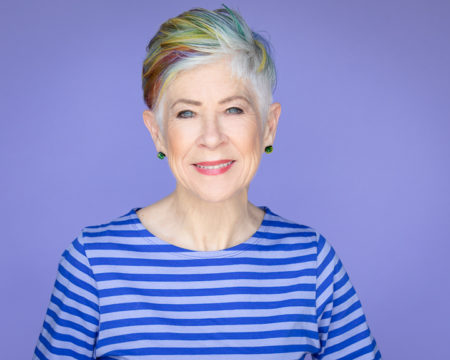 Robyn Metcalfe is a historian, desert distance runner, author, producer, and food futurist with a lifelong hunger to take on irrational challenges. She has written four books: Food Routes: Growing Bananas in Iceland and Other Tales from the Logistics of Eating (2019), Meat, Commerce and the City: The Food Markets in Nineteenth Century London (2012), and The New Wizard War (1988). While at The University of Texas at Austin, she taught courses about the history of food and produced five food startup challenge prize events that provided funds for over 80 startups from around the world. She founded and led Food+City, a non-profit organization at UT dedicated to telling stories about the food supply chain through a print and digital magazine and supporting startups with an annual startup prize challenge. She has been known for her quest to track down the ingredients to dozens of meals in cities around the world, and you can find her speaking at events such as SXSW, Google’s Food Lab, PopTech, and TEDx.
Robyn Metcalfe is a historian, desert distance runner, author, producer, and food futurist with a lifelong hunger to take on irrational challenges. She has written four books: Food Routes: Growing Bananas in Iceland and Other Tales from the Logistics of Eating (2019), Meat, Commerce and the City: The Food Markets in Nineteenth Century London (2012), and The New Wizard War (1988). While at The University of Texas at Austin, she taught courses about the history of food and produced five food startup challenge prize events that provided funds for over 80 startups from around the world. She founded and led Food+City, a non-profit organization at UT dedicated to telling stories about the food supply chain through a print and digital magazine and supporting startups with an annual startup prize challenge. She has been known for her quest to track down the ingredients to dozens of meals in cities around the world, and you can find her speaking at events such as SXSW, Google’s Food Lab, PopTech, and TEDx.
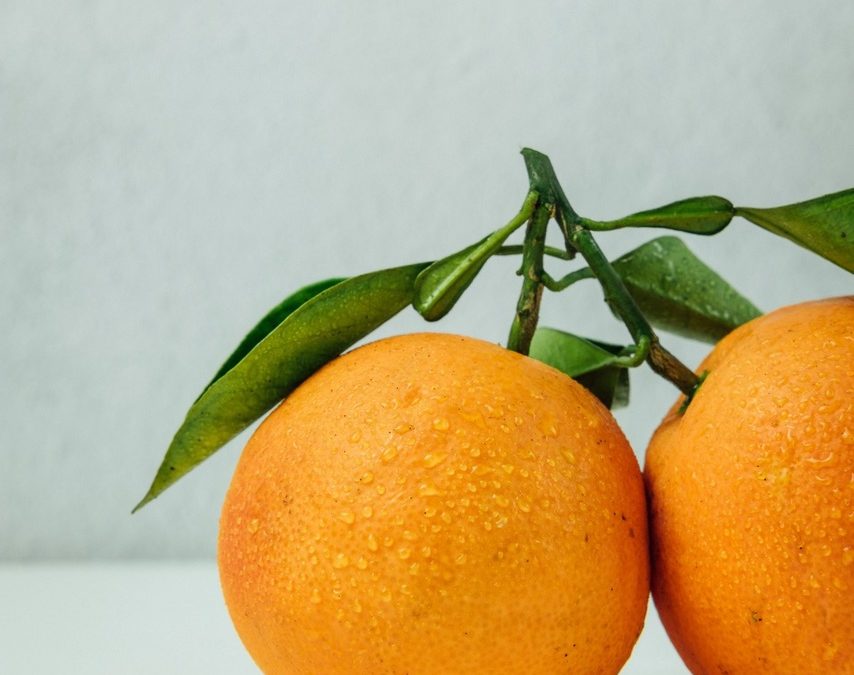
by Robyn Metcalfe | May 1, 2020 | Stories
While politicians argue over Brexit, regular people living in Britain wonder what foods they’ll have access to after the dust settles. Depending upon how long it takes to implement a plan for feeding Britain post-Brexit, the ingredients that become available will reflect a new food system, perhaps one in which Britons will consume more ingredients grown entirely in Britain.
Read the full article on Medium here.
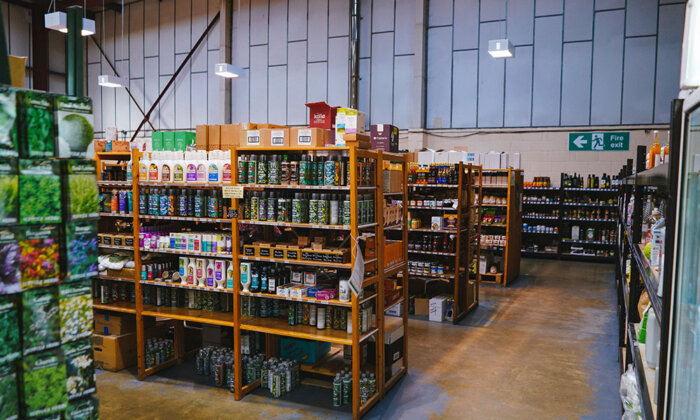
by Robyn Metcalfe | May 1, 2020 | Stories
By mid-February, we watched our food supply become headline news. Worries about toilet paper shortages quickly shifted to whether we’d ever enjoy pasta again, not to mention whether we’d enjoy that meal in the presence of our loved ones. Just a few months before, we were debating whether we’d disavow meat in our diet or if vertical farms in cities would bring food closer to us. Whether we would eat at all had never occurred to us.
With the gathering momentum of Covid-19 infections, the urgency and fear of losing our access to food is palpable. Food logistics, an industry that operates invisibly most of the time and certainly within the deep underbelly of the food supply chain, is suddenly in the spotlight.
Read the full article on MIT Press here.


 Robyn Metcalfe is a historian, desert distance runner, author, producer, and food futurist with a lifelong hunger to take on irrational challenges. She has written four books: Food Routes: Growing Bananas in Iceland and Other Tales from the Logistics of Eating (2019), Meat, Commerce and the City: The Food Markets in Nineteenth Century London (2012), and The New Wizard War (1988). While at The University of Texas at Austin, she taught courses about the history of food and produced five food startup challenge prize events that provided funds for over 80 startups from around the world. She founded and led Food+City, a non-profit organization at UT dedicated to telling stories about the food supply chain through a print and digital magazine and supporting startups with an annual startup prize challenge. She has been known for her quest to track down the ingredients to dozens of meals in cities around the world, and you can find her speaking at events such as SXSW, Google’s Food Lab, PopTech, and TEDx.
Robyn Metcalfe is a historian, desert distance runner, author, producer, and food futurist with a lifelong hunger to take on irrational challenges. She has written four books: Food Routes: Growing Bananas in Iceland and Other Tales from the Logistics of Eating (2019), Meat, Commerce and the City: The Food Markets in Nineteenth Century London (2012), and The New Wizard War (1988). While at The University of Texas at Austin, she taught courses about the history of food and produced five food startup challenge prize events that provided funds for over 80 startups from around the world. She founded and led Food+City, a non-profit organization at UT dedicated to telling stories about the food supply chain through a print and digital magazine and supporting startups with an annual startup prize challenge. She has been known for her quest to track down the ingredients to dozens of meals in cities around the world, and you can find her speaking at events such as SXSW, Google’s Food Lab, PopTech, and TEDx.
